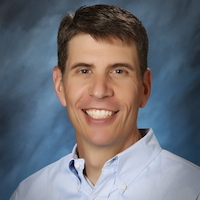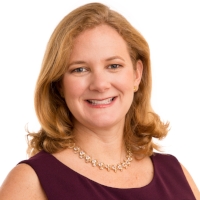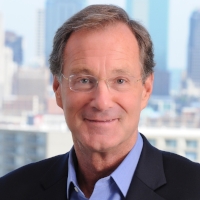About
The team from the award-winning Screenagers Documentaries has developed the "Away For The Day" (AFTD) initiative to help transform schools into cell phone-free spaces.
We hear daily from parents, teachers, and principals around the country through the thousands of Screenagers’ screenings to more than 2 million people that cell phones are creating a huge distraction in schools, and people want change.
Dr. Delaney Ruston, a physician and filmmaker who created Screenagers, approaches screen time issues from an evidence-based perspective. When she discovered there were no studies on cell phone policies in schools, she and the Screenagers’ team decided to conduct a national survey on cell phone policies in schools and parental preferences. They learned that 55% of middle schools let students carry phones all day, yet 82% of parents do not want their kids using phones at school. We have also done surveys at the elementary school level and know that phones are showing up in K-5 classes regularly, too, and many parents want clear cell phone policies in their schools and on buses to the schools, as well.
We have looked deeply into the scientific literature and have found several concerning studies on academic performance and emotional well-being regarding cell phones in schools. To find solutions, the Screenagers' team talked with dozens of schools that recently changed from allowing students to carry phones to adopting “Away For The Day” policies. They heard almost exclusively positive stories about the changes. From there, the “Away For The Day” initiative was born.
We believe that the best practice is to have phones and smartwatches off and put away all day so that they are physically off of the students.
Where can should the phones go?
Leave them at home.
Leave them in lockers.
Leave them in a designated place at school, e.g., hanging pocket holders, baskets, a locked safe, Yondr pouches, the office, etc. For schools where this is not logistically possible, having students put their phones in their backpacks is the next best choice.
“Yes, cell phones can be tools—calculators, flash cards, etc.—and yes it takes some energy to keep them put away in schools, but I am 100% convinced that for the sake of our students, it is worth it and truly doable.” —Delaney Ruston, MD and Screenagers' filmmaker
To contact us, email info@screenagersmovie.com or call (415) 450-9585
















